This award recognizes the most valuable contribution to ceramic technical literature during the calendar year two years prior to selection.
The Purdy award shall be given to the author or authors who, in the judgment of the committee, made the most valuable contribution to ceramic technical literature published two years prior to the selection year. The 2026 Purdy award will be given to the author(s) of a paper published in 2024. A technical article is defined as a paper involving original work on ceramic materials that is published in a ceramic science and engineering journal, or a science journal that includes papers on the topic of ceramic science and engineering.
The winner(s) shall receive a certificate, medallion bearing the likeness of Ross Coffin Purdy. If the technical article selected has been written by more than one author, each shall receive a duplicate award and diploma.
Nomination Process
Members of The American Ceramic Society can nominate papers from any science journal that includes papers on ceramic science and engineering. Submissions can be made through the Awards Portal on the ACerS website. In addition, the editors of the three ACerS-Wiley journals will recommend papers for the award.
Award Namesake
Ross Coffin Purdy, in whose honor this award is given, served The American Ceramic Society for 24 years as General Secretary and Editor of its publications. He was the recipient of many awards, a Fellow and Honorary Life Member, and President of the Society. Mr. Purdy was noted for his dynamic leadership, individualism, broad vision, and unswerving devotion to the Society and to the ceramic engineering profession.
Contact
Erica Zimmerman
ezimmerman@ceramics.org
Award Winners
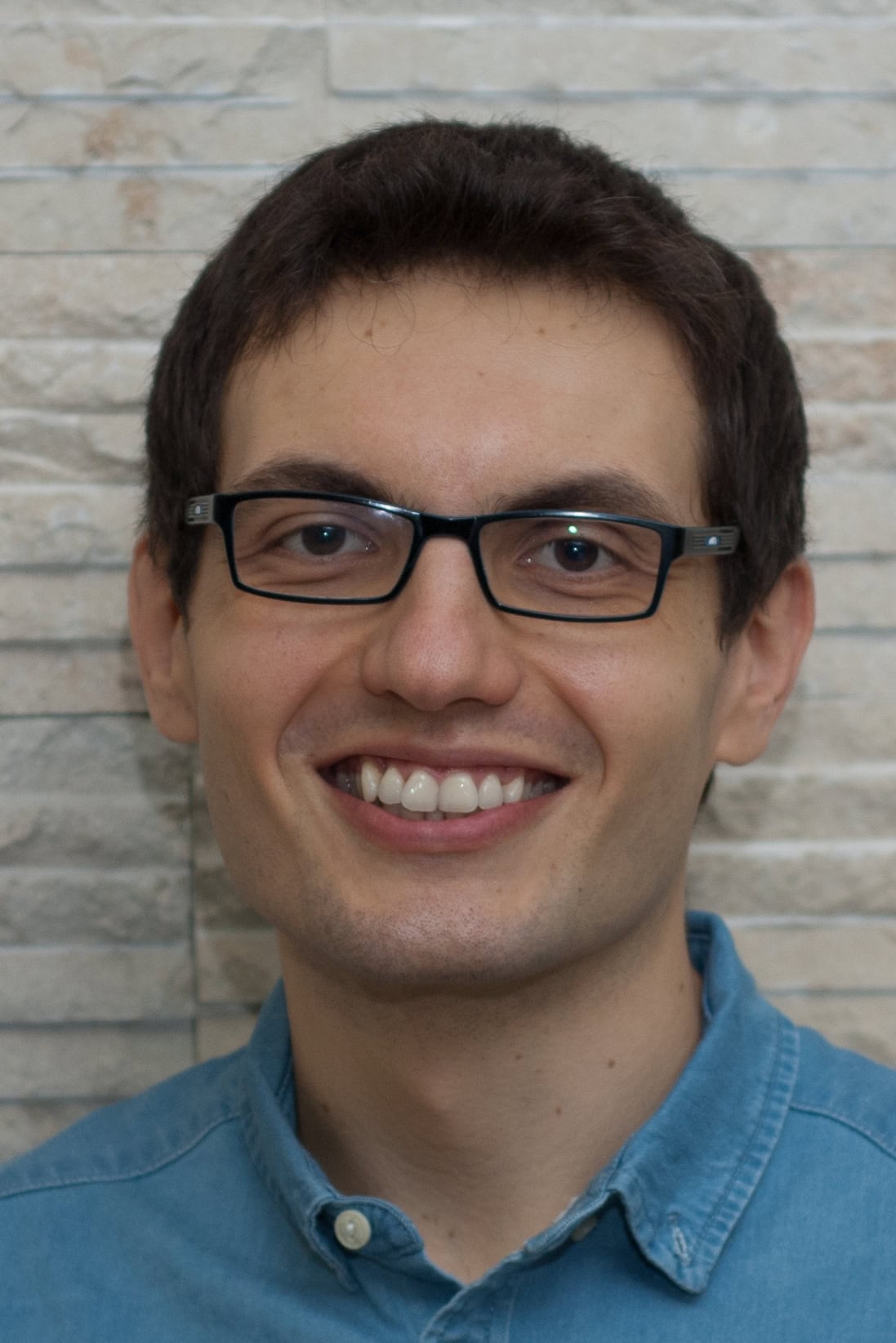
2025 Joint Awardees
“Lead-free Zr-doped ceria ceramics with low permittivity displaying giant electrostriction”; Nature Communications, 2023
Maxim Varenik
Maxim Varenik is a materials scientist with expertise in electroactive ceramics. He earned dual B.Sc. degrees in Chemical Engineering and Chemistry from Ben-Gurion University of the Negev, followed by an M.Sc. in Chemical Engineering under Prof. Oren Regev, where he studied the response of self-assembled supramolecular structures to thermodynamic and kinetic stimuli, and composite materials for enhanced thermal conductivity. He completed his Ph.D. at the Weizmann Institute of Science with Prof. Igor Lubomirsky, focusing on electromechanical anomalies in anelastic ceramics.
Dr. Varenik’s research spans electrostrictive and magnetostrictive phenomena, point defect engineering, and the mechanical properties of oxide materials. During his M.Sc. and Ph.D. he has co-authored over 25 peer-reviewed papers in high-impact journals and holds several patents in the field of actuator materials. His work has contributed to the field of non-classical electrostriction mechanisms and magnetic-elastic coupling in ceramics, with applications for next generation lead-free actuators. In addition to his academic contributions, Dr. Varenik is active in technology development for next-generation electronic components.
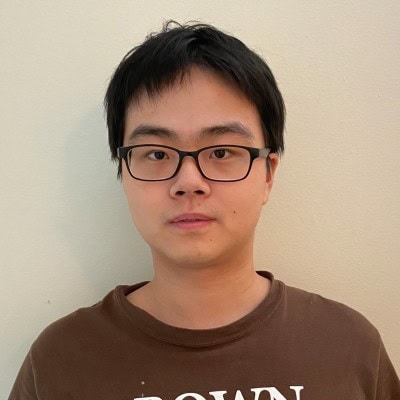
“Lead-free Zr-doped ceria ceramics with low permittivity displaying giant electrostriction”; Nature Communications, 2023
Boyuan Xu
Boyuan Xu is a post-doctoral at the Suzhou Laboratory in Jiangsu, China. After receiving his bachelor’s degree at Nanjing University, he continued to pursue his studies in Physics at Brown University in USA, where he received his PhD degree in 2024. During the doctoral period, he was inspired and introduced into the field of computational materials by his advisor Prof. Yue Qi and became a qualified researcher.
He shows his interest in computational mechanism study of solids and established digital twin for hydrogen generation in high entropy perovskite oxides and elastic dipoles for electrostriction in doped ceria. As a beginner in research, he has published 9 papers since he entered the field in 2021. Currently, he is attracted by the vast possibilities provided by machine learning force field and devoted to working on interfaces of solid-state battery materials.
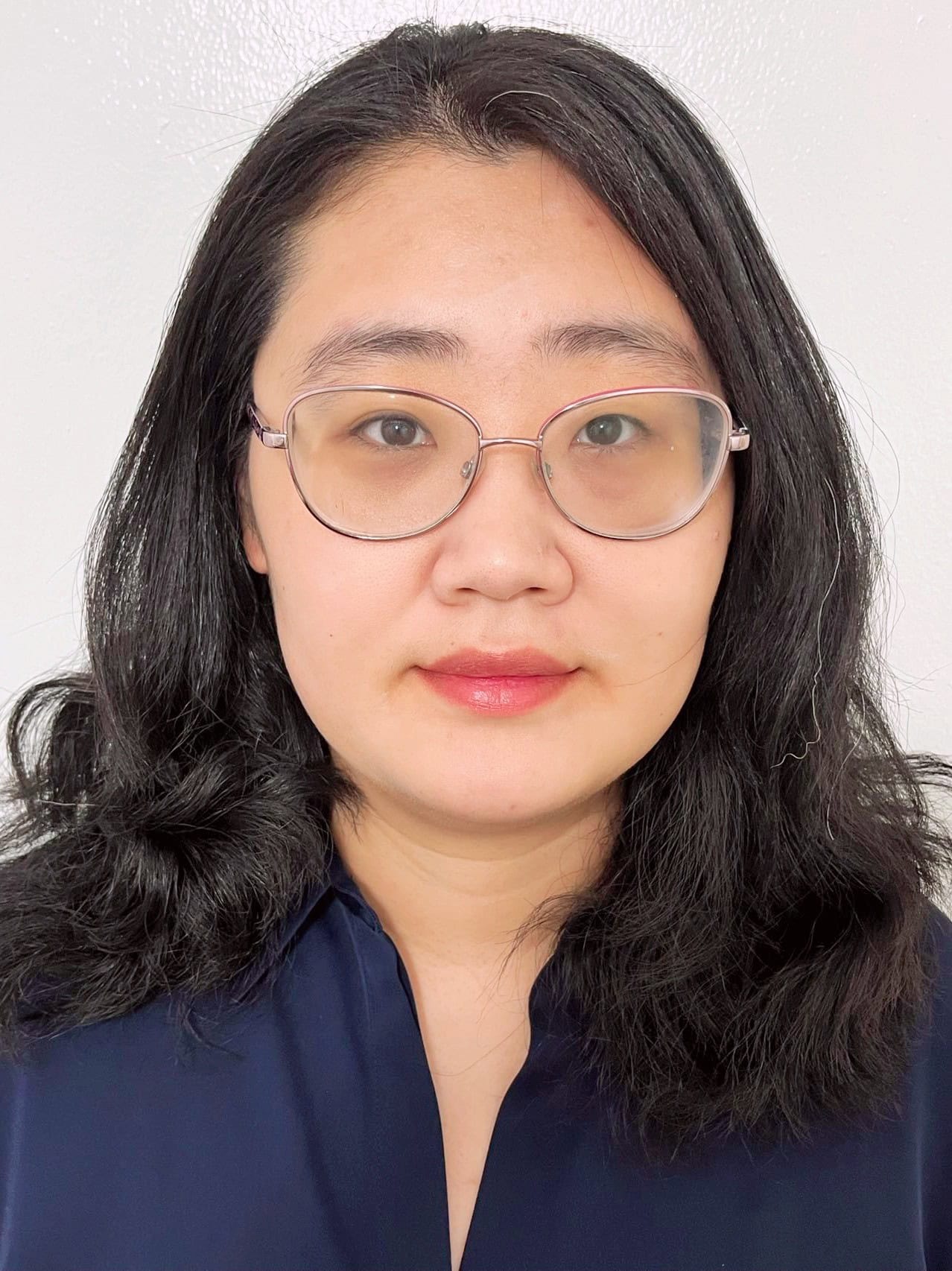
“Lead-free Zr-doped ceria ceramics with low permittivity displaying giant electrostriction”; Nature Communications, 2023
Junying Li
Junying Li has a strong passion for innovation and problem-solving. She obtained her master’s degree in Materials Science and Engineering from the University of Florida, where she conducted research on the percolation resistivity of transparent, conductive metal nanowire networks. Her work involved using Monte Carlo simulations of percolation transport in low-dimensional nanostructure networks. She then pursued her Ph.D. in Materials Science and Engineering at Stony Brook University. During her master’s study, she conducted research on percolation transport that deals with the formation of long-range connectivity in random networks by using Monte Carlo simulation of percolation transport in low-dimensional nanostructure networks, e.g., nanowires. During her doctoral period, her research interests focused on investigating the local atomic structures in ceramic materials and single-atom catalysts under operating conditions with the assistance of synchrotron-based X-ray absorption spectroscopy (XAS). Her work combined experiments and theoretical modeling to establish structure-function relationships in materials. Currently, she seeks new challenges and inspiration in the field of quantitative model development.

“Lead-free Zr-doped ceria ceramics with low permittivity displaying giant electrostriction”; Nature Communications, 2023
Elad Gaver
Elad Gaver is a PhD candidate at the Weizmann Institute of Science in the Department of Molecular Chemistry and Materials Science, where he also received his master’s degree. Elad’s achievements have been recognized with the KKL-JNF Climate Scholarship and the Pearlman Grant for student-initiated research in chemistry. He has co-authored several scientific publications in Nature Communications and CHEM and has presented his work at different conferences. He holds a dual BSc degree in Materials Engineering and Chemistry from the Technion – Israel Institute of Technology. Throughout his academic journey, Elad has earned other honors from the Technion, including the Schulich Scholarship, the Best Poster Prize from the Faculty of Materials Science and Engineering, and repeated recognition on the Dean’s and President’s Lists. His research centres on the synthesis and characterization of advanced functional materials, with a particular focus on sustainable technologies. Elad’s expertise spans crystal growth, advanced microscopy techniques (scanning electron and optical), and analytical methods for investigating structure-property relationships in hybrid materials such as metal-organic frameworks and ceramics. This interdisciplinary approach enables him to tackle key challenges in energy and environmental applications. Beyond his research, Elad is deeply committed to community engagement and student leadership, promotes chemistry education in underserved communities, and participates in educational outreach initiatives.

“Lead-free Zr-doped ceria ceramics with low permittivity displaying giant electrostriction”; Nature Communications, 2023
Ellen Wachtel
Ellen Wachtel received a PhD degree in applied physics in 1970 from Yale University and until 1976 continued at Yale as a Postdoctoral fellow in the Department of Molecular Biophysics and Biochemistry studying filamentous virus structure using fiber X-ray diffraction and computer modeling. In 1976 she moved to the Weizmann Institute of Science in Rehovot, Israel with support from Aharon Katzir and NIH postdoctoral fellowships to study condensation of DNA via interaction with histone proteins using X-ray diffraction. Eventually she established and became the head of the (non-single crystal) X-ray and light scattering laboratory in the Chemical Research Support unit from which she retired as a senior staff scientist in 2009. Since 2010, she has been consulting with the research group of Professor Igor Lubomirsky in the field of solid state ionics.
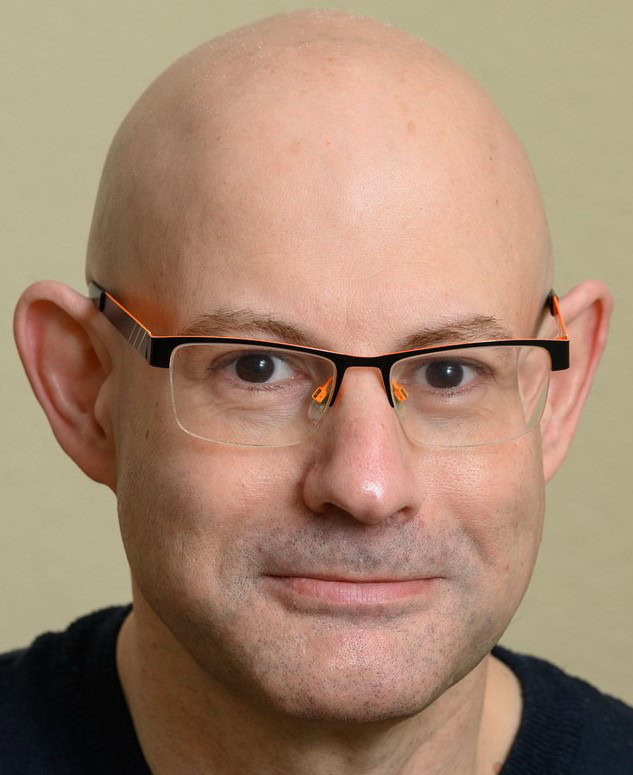
“Lead-free Zr-doped ceria ceramics with low permittivity displaying giant electrostriction”; Nature Communications, 2023
David Ehre
David Ehre is an Associate Staff Scientist at the Dept. of Molecular Chemistry and Materials Science, Weizmann Institute of Science (WIS), Israel. David got his B. A. in Physics and B. Sc. in Materials Engineering from the Technion in Israel. He did his M. Sc. between 1999 and 2002, at the Technion in Israel, on nano-crystalline ceramics. David did his Ph.D. between 2003 and 2008, at WIS, on polar non-crystalline thin films. He did his first post-doc on the influence of pyroelectricity on water freezing at WIS. From 2009 to 2011, he did a post-doc at the NYU in USA, on polymorphism of organic crystals and development of antifreeze peptoides. David joined the group of Prof. Igor Lubomirsky at the Dept. of Materials and Interfaces in 2011, first as an Advisor and later on as a Staff Scientist.
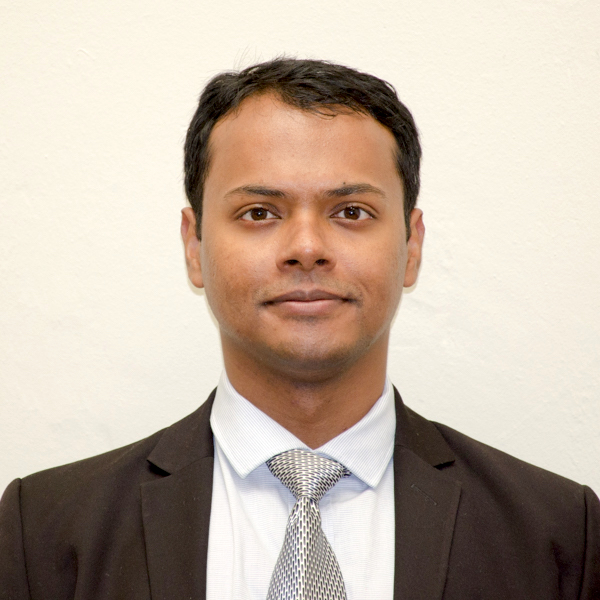
“Lead-free Zr-doped ceria ceramics with low permittivity displaying giant electrostriction”; Nature Communications, 2023
Prahlad K. Routh
Prahlad K. Routh is an Applied Scientist and passionate about cross-disciplinary problem solving, and using AI to explore and accelerate breakthroughs in science and technology. Dr. Routh holds a Ph.D. in Materials Science and Engineering from Stony Brook University and a B.Tech in Metallurgical and Materials Engineering with a minor in Chemistry from the Indian Institute of Technology (IIT) Madras. His doctoral research focused on energy-harvesting nanomaterials and ultrafast spectroscopy, contributing to advances in the characterization of hybrid semiconductors and 2D materials at Brookhaven National Laboratory. Following his Ph.D., he continued research and teaching at Columbia University as a Science Fellow and Lecturer, further strengthening his interdisciplinary expertise in scientific computing and deep learning. Dr. Routh has led the development of end-to-end machine learning solutions across both academia and industry.
During his postdoctoral tenure at Stony Brook University, Dr. Routh served as Machine Learning Team Lead, where he focused on the development of ML-assisted data analysis methods for X-ray absorption spectroscopy and led the development of novel operando techniques for decoding structure-activity relationships in functional nanomaterials. Dr. Routh’s work has been disseminated widely, including in Nature Communications, and international conferences.
Dr. Prahlad K. Routh continues to bridge fundamental science, applied AI, and software engineering across STEM disciplines.

“Lead-free Zr-doped ceria ceramics with low permittivity displaying giant electrostriction”; Nature Communications, 2023
Sergey Khodorov
Sergey Khodorov is a Laboratory Researcher Engineer at the Weizmann Institute of Science, Rehovot, Israel. In 2010, he became a member of the research group led by Professor Igor Lubomirsky ( Materials Science Department of the Weizmann Institute of Science). He has published numerous papers in international journals, primarily focusing on material properties, measurement, and metrology. Mr. Sergey Khodorov is currently engaged in research on experimental methodologies for determining the optical, electrical, and mechanical properties of materials. This involves the use of custom-designed measurement systems, as well as the development of experimental mathematical models and algorithms to support these measurements and to interpret the material’s response to externally applied stimuli — such as mechanical compression and tension, electric voltage, and light–material interaction — with pico- and nanoscale spatial resolution.
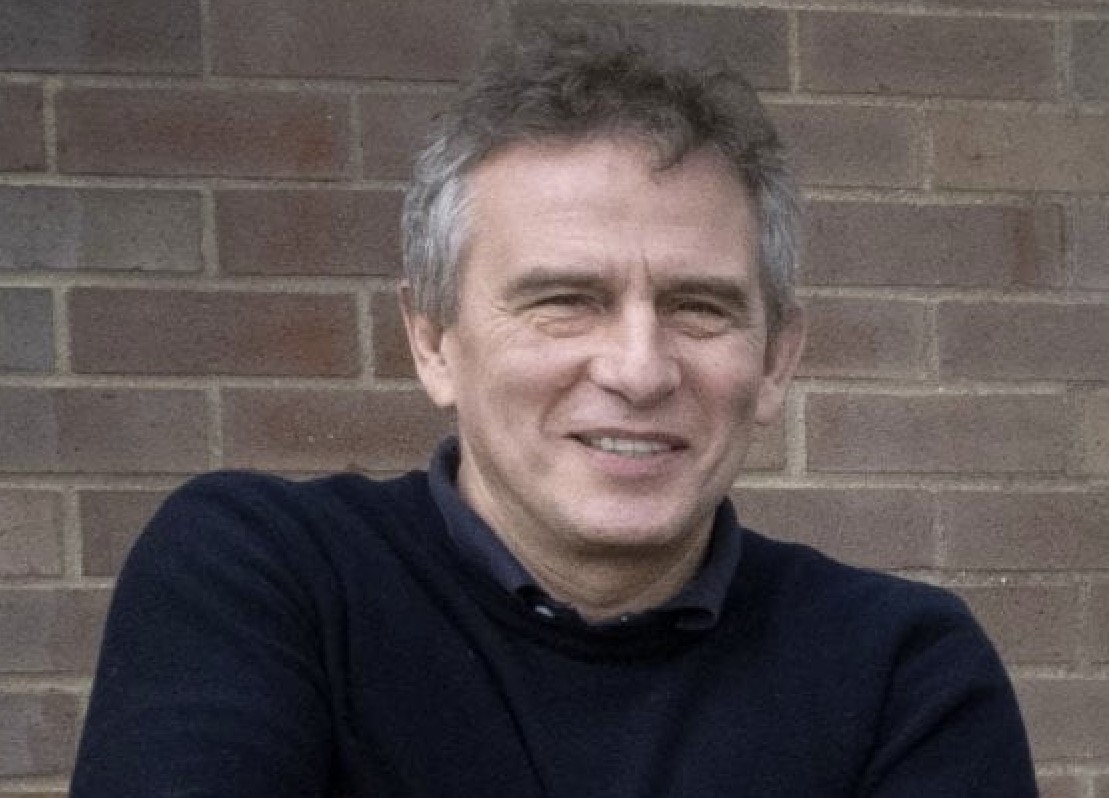
“Lead-free Zr-doped ceria ceramics with low permittivity displaying giant electrostriction”; Nature Communications, 2023
Anatoly I. Frenkel
Anatoly Frenkel is a Professor in the Department of Materials Science and Chemical Engineering at Stony Brook University and a Senior Chemist (Joint Appointment) at the Division of Chemistry, Brookhaven National Laboratory. He received M.Sc. degree from St. Petersburg University and Ph. D. degree from Tel Aviv University, all in physics, followed by a postdoctoral appointment at the University of Washington (Seattle).
His research interests focus on the development and applications of in situ and operando synchrotron methods to solve a wide range of materials problems, with most recent emphases on structure-function relationships in ceramic materials, catalysts, quantum dots, and molten salts, as well as developing machine learning methods for structural analysis and design of nanomaterials. He is a founding Principal Investigator and the Spokesperson for the Synchrotron Catalysis Consortium at Brookhaven National Laboratory. He has been elected a fellow of the American Physical Society and the American Association for the Advancement of Science. Anatoly Frenkel co-authored more than 475 papers that were cited over 34,000 times.
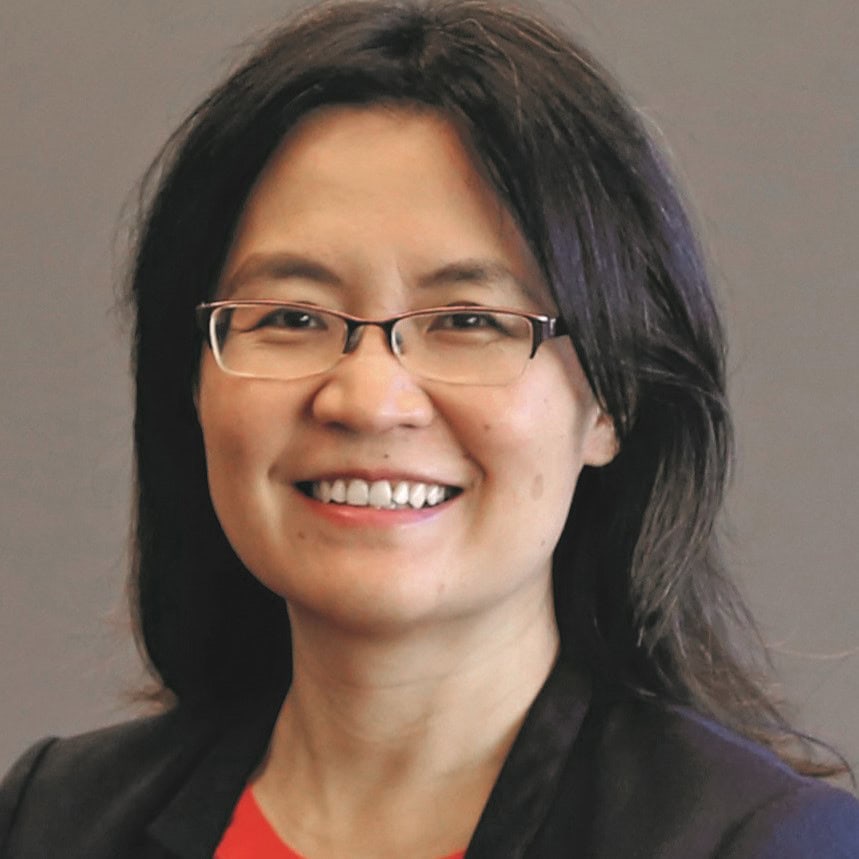
“Lead-free Zr-doped ceria ceramics with low permittivity displaying giant electrostriction”; Nature Communications, 2023
Yue Qi
Yue Qi is the Joan Wernig Sorensen Professor of Engineering at Brown University and serves as the Deputy Director of the Initiative for Sustainable Energy (ISE). She earned her B.S. in Materials Science and Engineering and Computer Science from Tsinghua University, followed by her Ph.D. from Caltech. For 12 years, she worked at General Motors (GM) R&D, developing multi-scale models to solve engineering challenges related to lightweight materials, fuel cells, and batteries. In 2013, she transitioned to academia, initially joining Michigan State University (MSU) before moving to Brown University.
Dr. Qi’s research focuses on multi-scale and multi-physics simulations, which are key to designing materials and interfaces critical to energy-efficient technologies. She has published over 170 journal papers with ~20000 citations. She has received several awards for her research, including the co-recipient of 1999 Feynman Prize in Nanotechnology for Theoretical Work for her Ph.D. work; three GM Campbell awards for fundamental research on various topics; and the 2017 Minerals, Metals & Materials Society (TMS) Brimacombe Medalist Award for her contributions in multidisciplinary computational materials science. In addition to her research, Dr. Qi is a strong advocate for diversity in STEM.
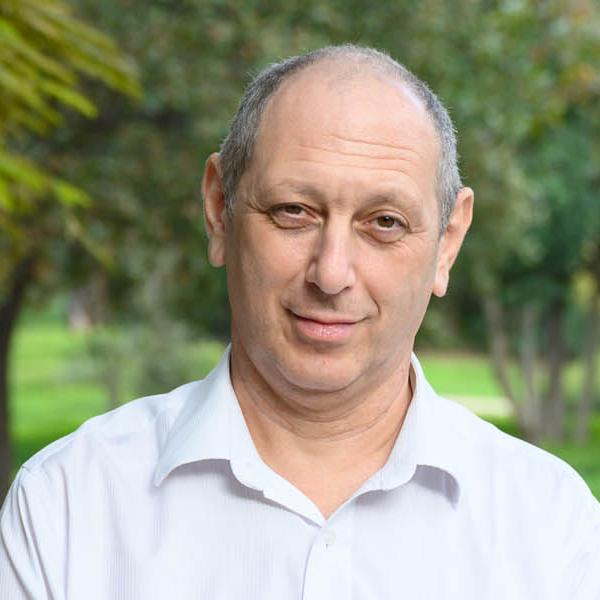
“Lead-free Zr-doped ceria ceramics with low permittivity displaying giant electrostriction”; Nature Communications, 2023
Igor Lubomirsky
Igor Lubomirsky, the Rowland and Sylvia Schaefer Professorial Chair in Energy Research, is a professor in the Department of Molecular Chemistry and Materials Science of the Weizmann Institute of Science. He studied Chemical Engineering in Kharkov Polytechnique Institute (USSR, nowadays Ukraine) and completed direct Ph. D. studies at the Weizmann Institute of Science. I.L. completed postdoctoral terms at the Electrical Engineering department of UCLA and the Max Planck Institute for Solid State Research. Then he rejoined the Weizmann Institute of Science as a faculty member.
Prof. Lubomirsky’s main research interests focus on understanding the link
between the structure and composition of solids with their functional properties: mechanical, dielectric, electro-mechanical, and ionic conductivity both in the bulk and at the interfaces and surfaces. As a secondary field of activity, Prof. Lubomirsky develops recycling methods. Two of his works, in this field, recycling of Li-Co-Ni batteries and physical, rather than chemical recycling of rare-earth magnets, have reached the industrialization stage.
Prof. Lubomirsky is an active member of the Solid State Ionics Society and an editor of the corresponding journal. He has published 203 works in peer-reviewed journals.
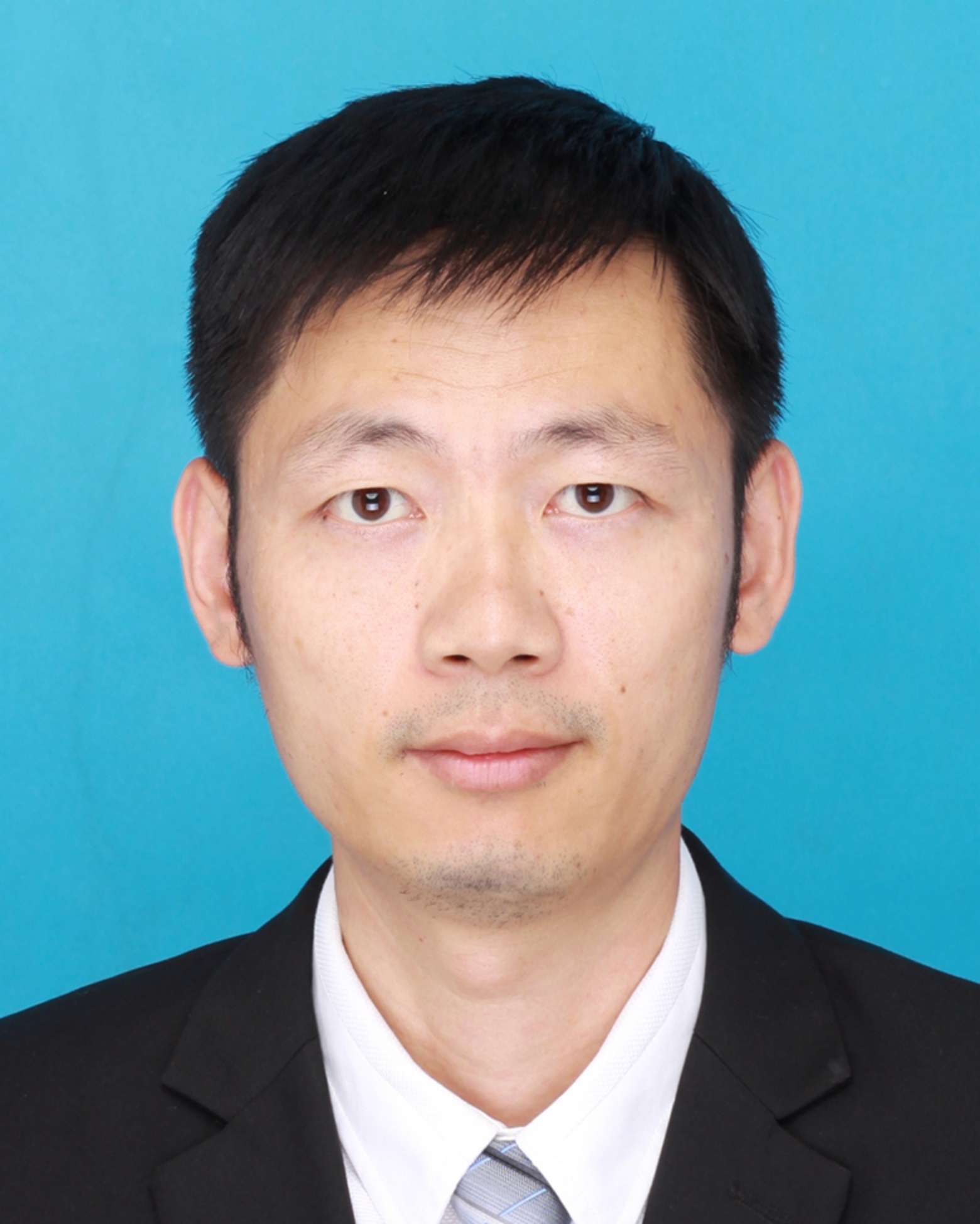
“High-entropy rare earth titanates with low thermal conductivity designed by lattice distortion”; Journal of the American Ceramic Society, 2023
Hailong Wang
Hailong Wang is a Full Professor at the School of Materials Science and Engineering, Zhengzhou University, China, where he earned his MS degree in Materials Science in 2004 and obtained his PhD in Condensed Matter Physics in 2007, respectively.
Prof. Wang was an Associated Professor from 2008-2013, and a Full Professor from 2014-present. He has published over 260 papers in peer-reviewed journals and holds 78 patents. His work has received over 6,000 citations, resulting in an h-index of 40 and he has been recognized as the Top 2% of Scientists Worldwide.
His current research interest is focused on the preparation and performance regulation of high-entropy ceramics and their composites. This includes developing high-entropy ceramics with ultrahard and wear-resistant properties as well as designing advanced structural and functional ceramics for ultra-high temperature applications.
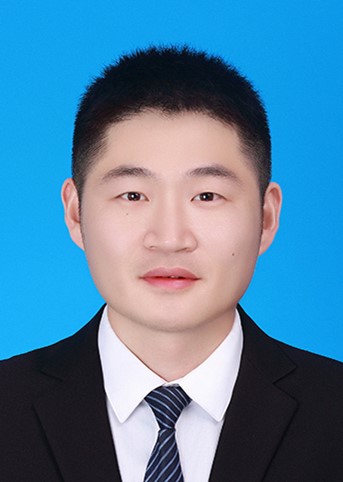
“High-entropy rare earth titanates with low thermal conductivity designed by lattice distortion”; Journal of the American Ceramic Society, 2023
Jinpeng Zhu
Jinpeng Zhu is a Full Professor at Zhengzhou University, China. He earned his PhD in Materials Science and Engineering from the Beijing Institute of Technology in 2018. His doctoral dissertation, supervised by Prof. Zhuang Ma, was awarded the 3rd Excellent Doctoral Dissertation Award from the Chinese Ceramic Society in 2019.
Prof. Zhu served as a Lecturer from 2018-2021, an Associate Professor from 2021-2024, and has been a Full Professor since 2024. With over 60 peer-reviewed international journal publications and 10 patents, his research primarily focuses on the application fundamental research in advanced structural ceramics and thermal protective coatings.
Currently, Prof. Zhu is researching novel high-entropy ceramic coatings deposited by atmospheric plasma spraying for high-temperature thermal protection in extreme environments. His work devotes to building the key bridge from high-entropy ceramic materials to high-entropy coating practical applications.
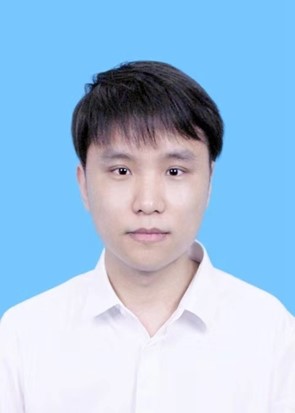
“High-entropy rare earth titanates with low thermal conductivity designed by lattice distortion”; Journal of the American Ceramic Society, 2023
Saisai Zhu
Saisai Zhu received his M.S. degree from Zhengzhou University in 2023. During his master’s studies, under the guidance of Professors Jinpeng Zhu and Hailong Wang, he developed a strong passion for research in high-entropy ceramics with ultralow thermal conductivity and proposed several innovative ideas. He successfully designed a high-entropy rare-earth titanate system featuring low thermal conductivity at elevated temperatures by leveraging lattice distortion effects, contributing to the advancement of thermal protection ceramic coatings.
Based on this research, he published two ESI Highly Cited Papers as the first author. Motivated by his keen interest in scientific research, he decided to pursue a Ph.D. at Harbin Institute of Technology, shifting his focus to a new direction in ceramic additive manufacturing.
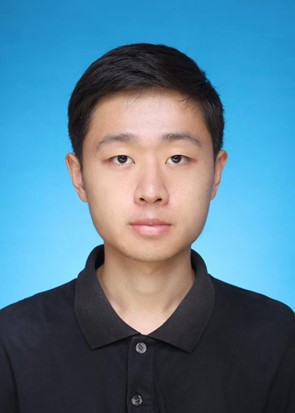
“High-entropy rare earth titanates with low thermal conductivity designed by lattice distortion”; Journal of the American Ceramic Society, 2023
Songbo Ye
Songbo Ye received his B.S. and M.S. degrees from Zhengzhou University in 2020 and 2023, respectively, under the supervision of Prof. Jinpeng Zhu and Prof. Hailong Wang. During this period, his work focused on high-entropy ceramics materials/coatings design, particularly exploring optical and thermal properties, combined with Ab initio simulation and machine learning.
He is currently a Ph.D. candidate at the School of Engineering and the Advanced Institute for Materials Research (WPI-AIMR), Tohoku University. He is still actively seeking integrated approaches that enable direct feedback and mutual validation between experimental observations and theoretical predictions. His current research interests include microkinetic modeling, artificial intelligence agent development, and nanoscale characterization using scanning electrochemical cell microscopy (SECCM). He has authored 18 peer-reviewed SCI papers, including three ESI hot/highly cited articles and two cover papers.
Nomination Deadline
March 1 annually